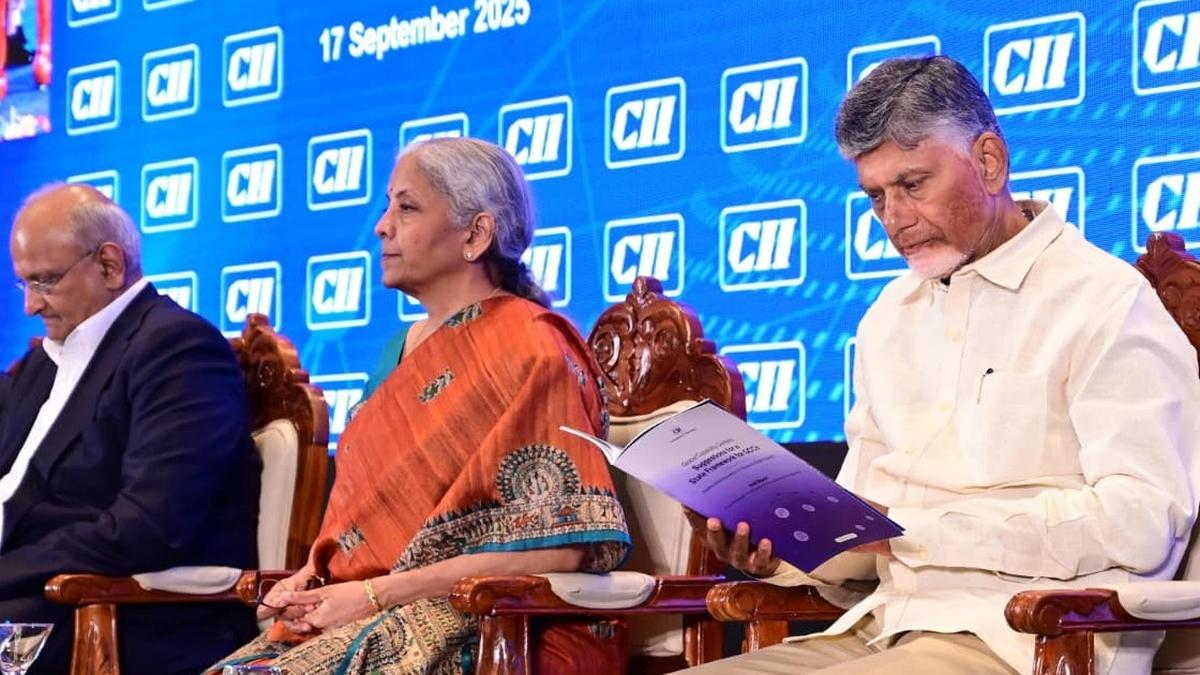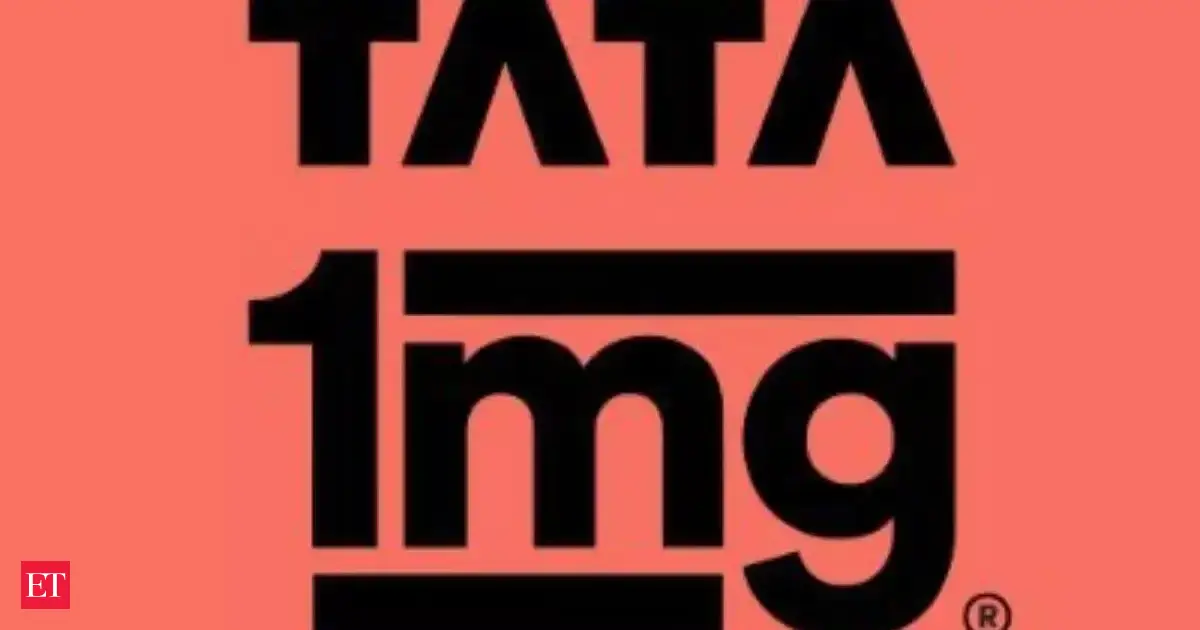By Francis
Copyright thebftonline

By Ahmed TAHIRU
They say the stock market is a game for experts in suits, a fast-moving arena where only the financially gifted survive. In Ghana, this perception runs deep, especially among young people outside the finance space.
Many see the investment market as a maze of strange terms, unpredictable numbers, and hidden risks.Curiosity often turns into avoidance, and opportunity quietly slips away. This mindset has left a gap where knowledge should be.
Yet the truth is that the complexity is more myth than reality, and the barriers that seem to separate ordinary Ghanaians from investing are much lower than they appear.
In reality, the investment world is far more approachable than its reputation suggests. The Ghanaian market, from the Ghana Stock Exchange to the Securities and Exchange Commission and the Central Securities Depository, operates on principles that are clear, structured, and open to anyone willing to learn.
It is not about having insider access. It is about understanding the basics and building from there. With the right knowledge, young people can turn investing from a distant concept into a practical everyday tool for wealth creation and financial security. The door is open, but you have to choose to walk through it.
Key institutions shaping the market
Understanding the Ghanaian investment landscape begins with knowing the institutions that keep it running smoothly. Just like a football game needs a pitch, referees, and rules, the investment market needs platforms, regulators, and systems to function.
Three institutions form the backbone of this structure: the Ghana Stock Exchange, the Securities and Exchange Commission, and the Central Securities Depository.
Think of the Ghana Stock Exchange (GSE) as Makola Market for investments. Instead of tomatoes and fabrics, the stalls here hold shares and bonds. Companies set up shop by listing their securities, while investors walk the aisles deciding what to buy. Prices shift based on demand and supply, and this price discovery process keeps the market transparent and fair. Listing on the GSE gives businesses access to funding beyond traditional bank loans, while investors gain a regulated platform to grow their wealth.
The Securities and Exchange Commission (SEC) is the market’s referee. It ensures the rules are followed, trades are transparent, and investors — both big and small — are protected. It monitors every stage of securities issuance and trading to prevent fraud, insider trading, or unfair practices. Without the SEC, the market could turn chaotic, undermining trust and participation.
The Central Securities Depository (CSD) is the market’s secure vault. Gone are the days of paper share certificates; now, all ownership records are kept electronically. The CSD ensures safe custody, accurate record-keeping, and efficient settlement so that when you buy a share, you can be certain it is truly yours.
Together, these institutions create a marketplace that is secure, transparent, and accessible; qualities essential for both business growth and investor confidence.
How the institutions work together
Knowing the institutions is important. Understanding how they pass the ball between each other, from listing a company to closing a trade — turns a beginner into a confident investor.
When a company decides to go public, it begins with an Initial Public Offering (IPO), the process of offering shares to the public for the first time. In 2018, MTN Ghana launched a landmark IPO across all ten regions and raised over GH¢1 billion. The GSE provided the platform for the sale, the SEC monitored compliance and transparency, and the CSD recorded ownership electronically and ensured settlement was completed accurately.
After the IPO, these institutions continue to work together daily. The GSE runs the trading platform, the SEC enforces the rules, and the CSD keeps transactions secure. This seamless coordination builds investor trust and keeps the market running like a well-oiled machine.
Types of financial markets in Ghana
Ghana’s financial system operates through two main markets, each serving a distinct purpose in economic growth. The Money Market deals with short-term funding, offering tools such as Treasury bills and commercial papers that mature within a year. For example, the government issues Treasury bills to manage cash flow and finance projects, while companies use commercial papers to meet urgent capital needs.
The Capital Market focuses on long-term financing, providing instruments such as corporate bonds and equities. A corporate bond can help a business fund expansion, while equities allow investors to own shares in companies listed on the GSE. Together, these markets ensure liquidity, encourage investment, and fuel growth in both public and private sectors.
Impact on youth and SMEs
For young people and small business owners in Ghana, the investment market offers more than a place to trade securities. It provides alternative funding channels that help entrepreneurs grow without relying solely on bank loans, which often come with high interest rates and strict collateral demands. The markets also present savings and investment options that outperform traditional bank deposits, allowing individuals to build wealth over time.
By understanding how these markets work, young investors and SME owners can join economic activities that stretch beyond personal savings or local sales. This knowledge equips them to access capital, withstand economic shocks, and seize growth opportunities.
If you are ready to start, here are three simple steps:
Follow daily market updates from the GSE’s website or app.
Open a Central Securities Depository account through a licensed broker.
Set a small investment budget — even 50 cedis can be a starting point.
Understanding the foundations of Ghana’s investment ecosystem is the first step to participating with confidence. But knowing the system is only half the story. The next step is learning how to navigate it — from understanding what a share really means to making your first investment. This is where we move from theory to practice.
Part 2 of this article delves into the stock market, where we turn knowledge into action and opportunity into growth.
>>>the writer is a strategic writer and advocate for financial literacy, governance, and SME growth. With a focus on empowering individuals and communities, he believes financial education is key to sustainable development. Ahmed is dedicated to equipping others with the tools to unlock their financial potential and drive economic progress. Contact: +233 543 460 166 or [email protected] and www.linkedin.com/in/ahmed-tahiru



